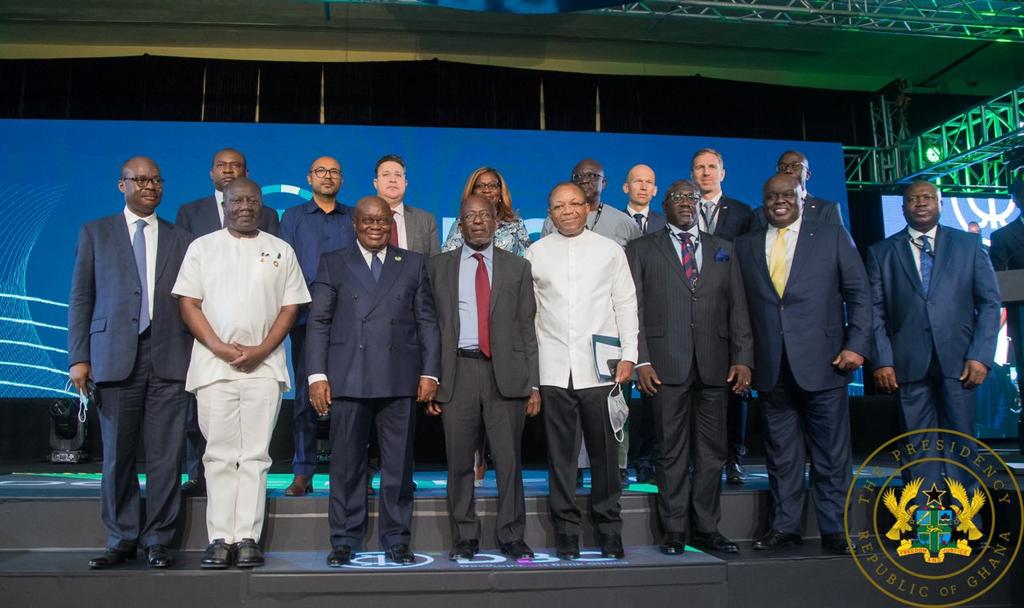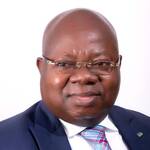Development Bank Ghana has commenced operations to help meet demand for credit for small and medium enterprises (SMEs) and contribute to growth.
The Ministry of Finance had extensive technical engagements with KfW in Germany and other multilateral institutions like the European Investment Bank, the World Bank and the African Development Bank to mobilise international funding, diversify its shareholding and institute best practices to have an independent board and a financially sustainable institution.
Accordingly, government put up an initial equity investment of $250 million, the European Investment Bank €170 million, World Bank $225 million, and $40 million grant came from the African Development Bank.
The plan is for the bank to grow five-fold over the next five years to help end a shortage of funding to small- and medium-sized enterprises.
It will lend between $5 million and $30 million to commercial banks.
Those banks would then on-lend three to 15-year loans of $25,000 to $3 million to small companies at an affordable interest rate.
DBG’s aim, which currently has 40 staff, is to raise the proportion of loans given to small businesses in Ghana from around 9% to 15% in two years.
Initial disbursements will go to CalBank Plc, Consolidated Bank Ghana Limited, Fidelity Bank Ghana Limited and Ghana Commercial Bank Limited.
The current amounts available are just take-off funds, and there is a big programme by development partners to grow the amounts.
In the coming months, the lender plans to conclude arrangements with other finance institutions, including micro-lenders, as well as providing credit guarantees.
Managers expect to initially replenish and grow the institution’s funds from development-finance institutions; it plans to tap commercial lenders at a later stage.
In three to five years, the managers expect to see a window to be able to turn to the market to raise funds.
Many small businesses lack the credit-worthiness or track record to secure normal bank loans.
Companies with 100 workers or less struggle to get loans in Ghana, with a World Bank report estimating the gap between supply and demand was equivalent to 13% of Gross Domestic Products (GDP) in 2017.
Micro, small and medium enterprises (MSMEs) are the largest segment of the economy, creating employment for many.
MSMEs in Ghana have not performed creditably well and have not played expected significant role in economic growth.
The MSMEs sector in Ghana is estimated to be made up of 70% of all industrial establishments.
They contribute about 22% to GDP and account for about 92% of businesses in Ghana and absorb more than 60% of employed labour force, with majority in rural areas, placing MSMEs squarely at the core of the overall economic policy.
It is also estimated that 85% of manufacturing employment and, to a larger extent, overall employment growth in the country come from the sector.
Long-term lending is extremely rare for smaller businesses in Ghana, and this has stymied the development of sectors ranging from agribusiness to manufacturing and information and communications technology.
We need to be able to lend to the banks at rates that make it possible for them to lend to the SMEs at rates that allow them to grow.
An efficient financial sector that facilitates access to medium- and long-term capital at affordable interest rates is a prerequisite for sustainable growth.
By providing longer-term financing through DBG, Ghanaian businesses, specifically SMEs, will be able to make productivity-enhancing investments, thereby, allowing them to retain and create jobs also for young Ghanaians.
In this way, DBG can contribute to the recovery from the COVID-19 crisis and to economic growth in Ghana.
- Tight Race For Next GIS Boss - 10 March 2025
- Church of Jesus Christ, Ga Mantse Foundation renovate Adabraka School - 27 June 2024
- Manufacturers, Trade Minister tussle over proposed cement price regulation - 26 June 2024

